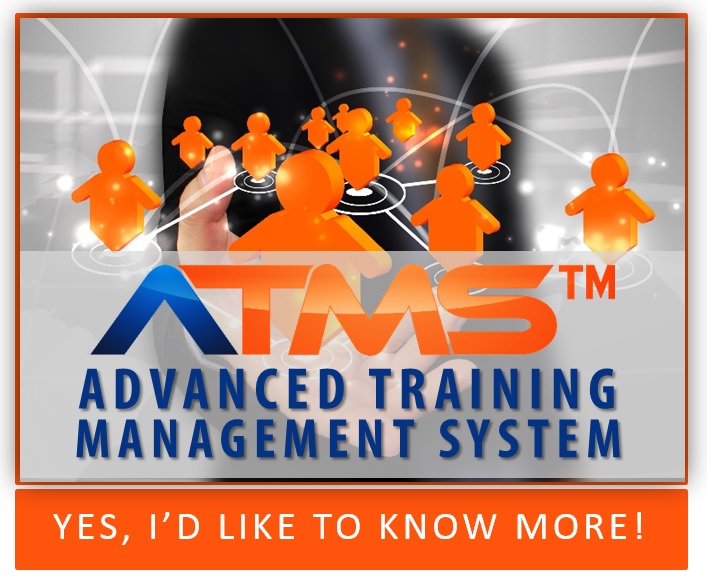Why Just a Simple LMS is No Longer Enough for Complex Training
- By -
- Airports, Commercial Aviation, Dangerous Goods, Freight Trucking, Hazardous Materials, HIghway, Latest News, Maritime, Medical, Military, OSHA, Police and FBI, Railroad, Recordkeeping, Regulatory Compliance, Training Schedule Management
- best employee training systems, Brandon Hall's LMS survey, Is an LMS Still the Answer for Your Employee Training System, Why Just a Simple LMS is No Longer Enough
Why Just a Simple LMS is No Longer Enough for Complex Training
Is an LMS still the answer for your employee training system? Within the rise in online learning coupled with the speed at which information and knowledge is shared boosted by the web, more and more companies are looking beyond the LMS for sustainable training management solutions. According to the Brandon Hall Group’s LMS Trends 2015 report, “Only 64% of organizations said they were likely to renew their current LMS contract, and 20% confirmed that they will not renew. Perhaps worse, 31% indicated that they would not recommend their current solution to a colleague.”
Brandon Hall’s LMS survey asked companies to score their satisfaction with their LMS across 17 factors (shown below) and the results were undeniably low. Hall’s survey revealed that “on a scale from 1 to 5, with 5 being the best, the highest score was 3.48 and that was for system reliability.” System reliability should be the least of a training groups’ concerns and need to be taken to much higher level focusing on other factors like meeting current and future training needs. Simply working when it is supposed to is probably the least a company could ask from its LMS, yet clients are not impressed. Let’s take a closer look and see why these results point to a need for something new.
LMS Evaluation Points
The 17 factors in evaluating an LMS found in Brandon Halls report include:
- System reliability
- Meets current training needs
- Client service support
- Ease of navigation
- Implementation execution
- Technical support
- Ease of administration
- Training support
- Met ROI expectations
- Ease of configuration
- Feature set
- Modern look and feel
- Ease of data migration
- Reporting and analytics
- Ease of integration
- Meets our future needs
Isn’t it time for a change? Many consumers have been led down the path of purchasing traditional LMSs that don’t meet their training needs simply because it’s the only thing they’ve known. A TMS, or Training Management System, has definitely been an established “thing” within the aviation industry since AQT engineered the first TMS for Alaska Airlines back in 1998. Having evolved ATMS since then for over two million users in over six continents, our system has evolved light years beyond what a typical LMS can offer, and meets and exceeds the wish list shown above. It’s time to think about managing the entire training process, from designing to launching your elearning or classroom training, to scheduling multiple locations across different employee groups, topped off by access to hundreds of training performance reports, you can own a better training solution that meets your needs now and is scalable to grow as your company grows in the future.
Source: 2015 Brandon Hall Group LMS Trends Study















